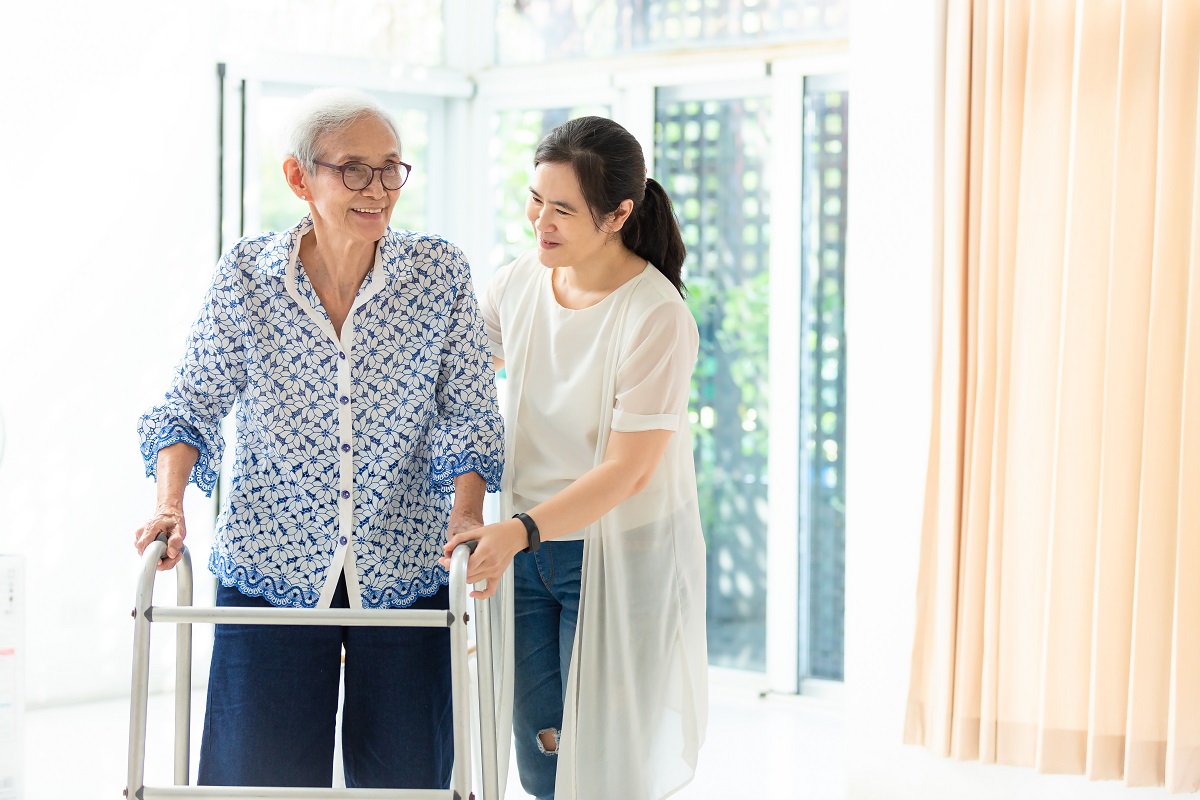Dementia care training: What you need to know
If you’re caring for a loved one with dementia you might want to have some training in dementia care. Find out how to access support…
Could this be you?
You’re committed to caring for your loved one and are determined to do your best but
• You don’t know much about dementia and sometimes feel out of your depth.
• You worry that you might be getting things wrong.
• You dread what might be coming next and how you’ll be able to manage.
Caring for a person with dementia can be very difficult so it’s no wonder family carers sometimes worry that they aren’t ‘trained’ for the job.
Here’s how to improve your skills and understanding of the condition
1. The Carer Information and Support Programme (CrISP)
This is a series of free workshops developed by The Alzheimer’s Society for people caring for a family member or friend with dementia.
There are usually two courses to choose from
• For family and friends of someone recently diagnosed.
• For those who have been dealing with dementia for longer, this covers issues that might come up as the condition progresses.Did you know? A Carer Information and Support Programme exclusively for South Asian families is also available in some areas of the UK. Find out if there’s a course near you by contacting your local Alzheimer’s Society office.
2. Volunteer
Many respected charities offer dementia training to people who become volunteers. Don’t worry, you don’t have to commit lots of time, just two or three hours a week is enough and, in return, you could get some training.
Dementia Friends champion
The Dementia Friends programme is a nationwide initiative designed to increase awareness of dementia. If you volunteer to become a Dementia Friend Champion you’ll be sent on a one day training course in which you learn about dementia, how it affects people and how you can help people to continue living in their community. www.dementiafriends.org.uk
Tip: Meeting other volunteers who have experience of dementia can also be a valuable way to gain insight and knowledge.
Dementia befriender
Charities such as Age UK and the Red Cross take on volunteer dementia befrienders. Befrienders are trained to work with people who have dementia, visit them at home and develop a supportive friendship.
Tip: As well as receiving training, you may find that meeting someone else who has dementia could help you recognise common symptoms and be less likely to take challenging behaviour such as aggression personally.
3. Take a course
Most courses in dementia care are offered to professional carers only, however there are a few ways to access more expert advice and training if you’re a family carer.
• If you’re interested in the SPECAL approach to dementia care you can take a course run by the Contented Dementia Trust specifically for family and friends.
• You may find an online e-learning training programme, designed to teach basic ways to manage dementia useful, too. Some courses are free or low cost.
• Don’t forget to look at our advice channels and get instant support from our community forums.
SHARE
Explore more




